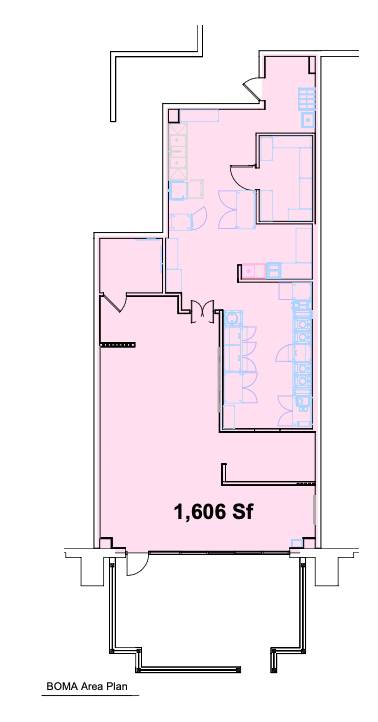In “Built To Sell” by John Warrilow (one of my favorite books), the author states that scalable businesses meet three criteria:
They are “teachable” to employees or can be delivered through technology.
They are “valuable” to your customers, which allows you to avoid commoditization.
They are “repeatable,” meaning customers need to return again and again to buy (e.g., think razor blades, not razors).
This book’s principles helped me sell The Halal Guys stores…
Even though I wasn’t looking to sell.
I was still in the middle of my 15-unit development schedule (I was at 9 stores in, and had to build 6 more by Year 2030).
That, and I was aware of the sobering fact: That only a tiny percentage of companies ever get to sell, go public, or have any type of favorable liquidation event.
Our team accepted the odds, and built a company that was resilient, profitable, and scalable in case I could never sell - and everybody should fortify their companies this way.
• We chose a concept that was loved, underserved, and traditionally intimidating, expensive, inconvenient, and decentralized. The total addressable market was massive; nobody had a leadership position in this cuisine (this was before Cava even registered); and consumer trends were shifting towards ethnic flavors. We were early and had a long run rate.
• We over-invested in our first employee. She started off as our first store general manager and eventually became our multiunit manager and developed incredible systems, and leaders for the rest of our growth along the way. She paid dividends forever.
• We incorporated technology to make operations easy, enjoyable, and manageable from any geography.
• We chose real estate that ensured traffic, and negotiated terms that would ensure long-term viability.
And of course, those actions we took made for a valuable acquisition target.
I am choosing Pepper Lunch for the same exact reasons…and so many more. And I’ll be sharing the hires, tech, and unfair advantages along the way.
I highly recommend you get this book. And even if you don’t plan on selling it, setting it us “as if” you were going to, will help you enjoy, profit, and scale your enterprise.
~~~~~~~~~~~~~~~~~~~~
You’ll remember from the last update that I was shopping for a construction company.
What surprised me was that I started the process thinking I’d be choose the GC who built all of my Halal Guys.
He was familiar, trustworthy, and a friend that I wanted to support.
It would’ve been an easy and lazy decision.
But just as I had expressed concern in the last issue, he was busy with a bunch of projects and could not meet my timeline of 120 days.
Nobody should be accepted to work under those conditions at at short notice.
We plan on approaching him again for a future store, when we have a more normal timeline.
The GC approved by corporate had a great bid; their total remodel bid hovered at $80K.
The GC who cold-emailed me gave me a bid of $100K - or $20K more than corporate.
*drum roll*
I accepted the bid from the second GC.
She was proactive, responsive, worked with the impossible timeline, managed expectations, communicated really well with us, and seemed to really want our business.
I can’t ignore the $70K bid, however; and asked her to see if she can do better on the line item costs.
But I made it clear that I did NOT want to touch her profit and overhead; she deserves that for being awesome.
So far? I am super-impressed.
She wasted no time getting in touch with the landlord, corporate, our architect, and our millwork vendors. She’s lining up subcontractors, and trying to get everybody ready for when the building permit gets issued.
Wanted to share the bid I got, just so you know what kind of items I need to get done for this second-generation space (blurred out company name and individual dollar amounts to respect privacy; but still wanted to give value).
My biggest takeaways:
• The cheapest bid should always give you pause. Unless they have some unfair cost advantage - I believe that “in the absence of value, price is the only negotiation point”. I do care that the project has a solid ROI, but those aren’t my only values - I also value being on-time (and there’s a premium for rush delivery, isn’t there?); I value quality work (she also sent me client testimonials and referral letters; that’s a nice tough); and I value communications.
• You should shoot your shot. Yes, asking for referrals carries a lot of weight; and normally hate and ignore cold emails…but if you differentiate your pitch; are persistent (she messaged me and stayed in touch way before I needed her); and show you give a damn….you might just cut the line to the top.
I’m curious…
What instances are you willing to pay a premium - or a stupid amount of money for - and it’s still worth it/
Who has pitched you out of no where with no unfair advantage…and won your business (or heart)?



The book worth reading 👍
Great 👍💜